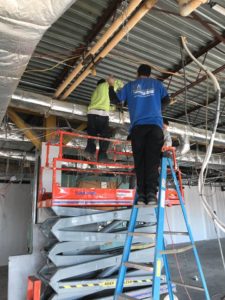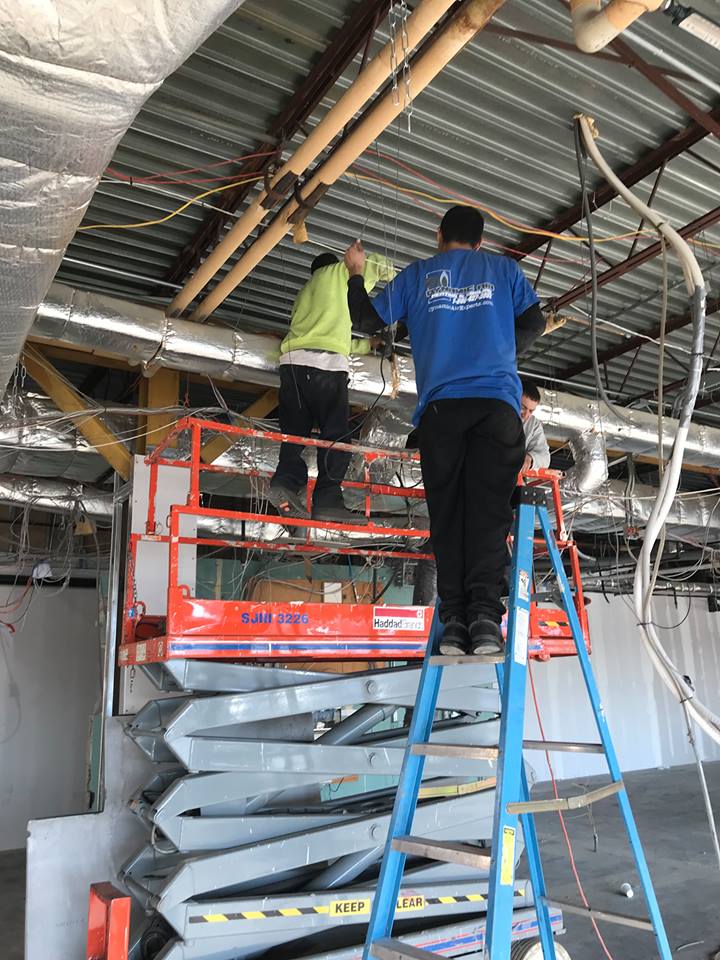
It Saves Money
Yes, by putting a maintenance plan in place you are saving yourself money over time. Just think about the cost of calling out a technician when you experience a breakdown or the nightmare that comes from losing your HVAC system for a few hours or even days. It’s a lot like running your car – the longer you leave it the worse the problem gets, thus your costs increase.
Having your HVAC system serviced regularly means the technician can pick up on small problems and prevent them from becoming major issues. It’s just a tune-up to keep your system ticking over and running at optimum efficiency.
Detecting Carbon Monoxide
Part of the regular service is carbon monoxide testing. An HVAC system that is malfunctioning can leak dangerous fumes into the air and if you don’t have it serviced regularly you don’t know when you have a small leak (or a major one, for that matter). Typical symptoms of carbon monoxide poisoning include fatigue, nausea, and headaches.
A Comfortable Environment
When you create a comfortable environment everyone is happier. That means your employees will work more efficiently (and happily), which means a boost to your bottom line. Of course, the same can be said for your clients or customers.
If you operate a retail business then you know how quickly customers race through when a building is too hot or too cold. Similarly, it’s difficult to hold meetings with clients when your HVAC system isn’t getting the job done right.
Regular maintenance will keep your HVAC system working efficiently.
Eradicate Foul Odors
This should come as no surprise – but, when your HVAC system is functioning improperly your air flow and ventilation suffers. As a result, you may find that foul odors linger. You may even find that your ceilings have water stains due to leaks which will eventually lead to a fusty, damp smell in your building. There’s nothing more unprofessional (and annoying to clients, customers, and employees) than a smelly building. It also indicates that you operate your business poorly and don’t uphold strict standards across your business.
Excess Moisture
Getting your humidity levels is important, whether at home or in your business. It’s particularly important for stores and restaurants that stock perishables and food items. Excess moisture can affect the overall temperature of a building and affect the shelf lives of a variety of ambient products. You may find that your items aren’t staying fresh, are molding, and that can be costly.
Of course, excess moisture also affects other types of commercial properties as it can encourage the growth of mold which is a major problem that no one wants to deal with.

